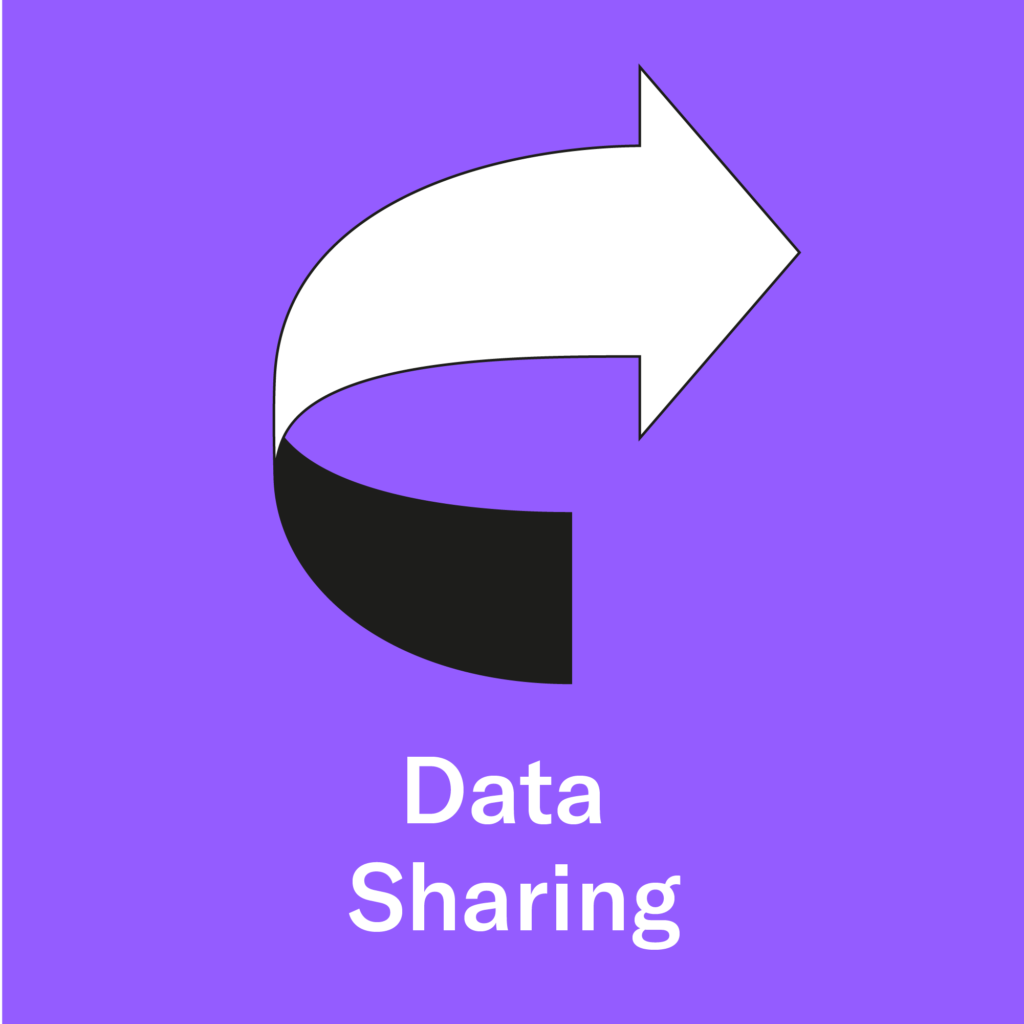They enable a greater array of stakeholders to contribute to or benefit from emergent mobility ecosystem opportunities as users, creators or service providers. Increasing mobility data access by transit authorities enables data based products and services to be developed that can contribute to the accomplishment of urban sustainability goals. For example access to real time transit information has been shown to increase public transport patronage. [1]
Open government data has significant potential to drive innovation in the public sector as well as for enabling industry driven solutions to mobility challenges. [2] For example the EU funded OpenGovIntelligence research project implemented a number of pilots to develop a framework for how open government data could be applied via a co-created process, to improve the design and delivery of public services. [3] Focusing on how open data how open data policy might impact private sector innovation, Open Data Institute research found that increased data openness would likely provide increases in the amount of product and category innovation compared to the low data openness, although not reduce the dominance of large companies. [4]
That said, making data open or ensuring it is shared does not guarantee public value. The variety of data points needed depend on the challenge a city or organisation aims to address. Aiming to ensure data openness in the public interest, best practices have been developed for sharing public sector information. One example is the Share-PSI 2.0 guidelines co-funded by the European Commission. It sets out 129 recommendations and includes policies and legislation to be taken into consideration for open data. [5]
Data sharing partnerships might be established through government procurement or permit granting activities. The sharing of certain data points can be required as part of these processes and can be enabled by standard contract clauses referring to data utilization and ownership. [6] Mobility data sharing in this format is currently enforced by New York City which requires ride hailing companies to provide the city the date, time, and location of pickups and drop-offs (at least down to the intersection), the vehicle’s license number, the trip mileage, itemized trip fare, route (including whether the vehicle entered traffic-choked Midtown), and how much the driver was paid. Los Angeles Department of Transportation created the Mobility Data Specification which similarly enables information transfer to the city about shared scooters e.g. where they are at all times. Providing data via the MDS standards is one of the conditions for operators seeking permission for shared mobility businesses in Los Angeles. These standards have since been adopted by other US cities and are now the basis for the standards advocated by the Open Mobility Foundation. They have the potential to be used for all forms of mobility.
Best practice: [1] The Transit Center (2017). The Data Transit Riders Want. [2] The World Bank (2019) [3] OpenGovIntelligence (2019) [4] The Open Data Institute (2019). What effect does data portability have in an agent-based model of the data economy? [5] Network for Innovation in European Public Sector Information (2018) Best Practices for Sharing Public Sector Information [6] Examples can be found at Law Insider (2019)
